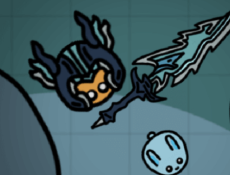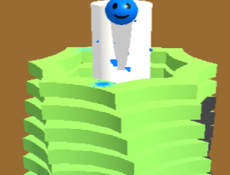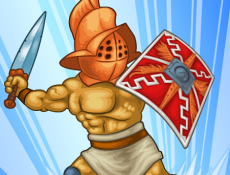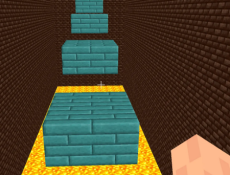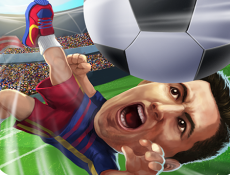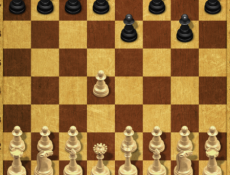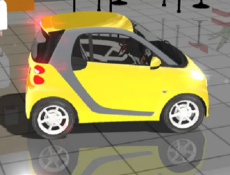Geometry Jump is a dynamic and visually engaging platformer that challenges players to leap and fly through a hazardous world of geometric obstacles. Set to a rhythmic soundtrack, each level is designed with vibrant colors and sharp shapes, requiring precise timing to overcome each barrier. Players control a small, agile icon that must jump, flip, and fly through a series of obstacles that include spikes, gaps, and moving platforms. The difficulty increases progressively, with the game speed picking up and the obstacles becoming more complex and less forgiving.
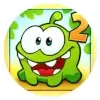

Geometry Jump
Advertisement
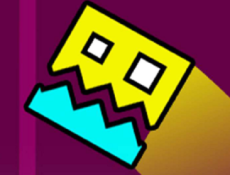
Advertisement
Geometry Jump is a dynamic and visually engaging platformer that challenges players to leap and fly through a hazardous world of geometric obstacles. Set to a rhythmic soundtrack, each level is designed with vibrant colors and sharp shapes, requiring precise timing to overcome each barrier. Players control a small, agile icon that must jump, flip, and fly through a series of obstacles that include spikes, gaps, and moving platforms. The difficulty increases progressively, with the game speed picking up and the obstacles becoming more complex and less forgiving.
Timing and Reflexes
The core challenge in Geometry Jump lies in mastering the timing of jumps. The game syncs obstacles with the beat of the music, providing an audio cue to help players anticipate the timing of their next move. However, as levels progress, players must rely on both visual cues and the music to make split-second decisions.
Strategies for Advancement
Successful navigation through Geometry Jump often requires more than just quick reactions; it also calls for strategy. Players must learn the patterns of each level and sometimes even memorize sequences to make it through without starting over. Frequent practice and patient repetition are key to advancing, as each attempt helps hone the timing and precision needed to tackle the increasingly difficult challenges. Moreover, players can use the practice mode to rehearse difficult sections of the levels, allowing them to experiment with different strategies without the pressure of starting from the beginning after each failure.











